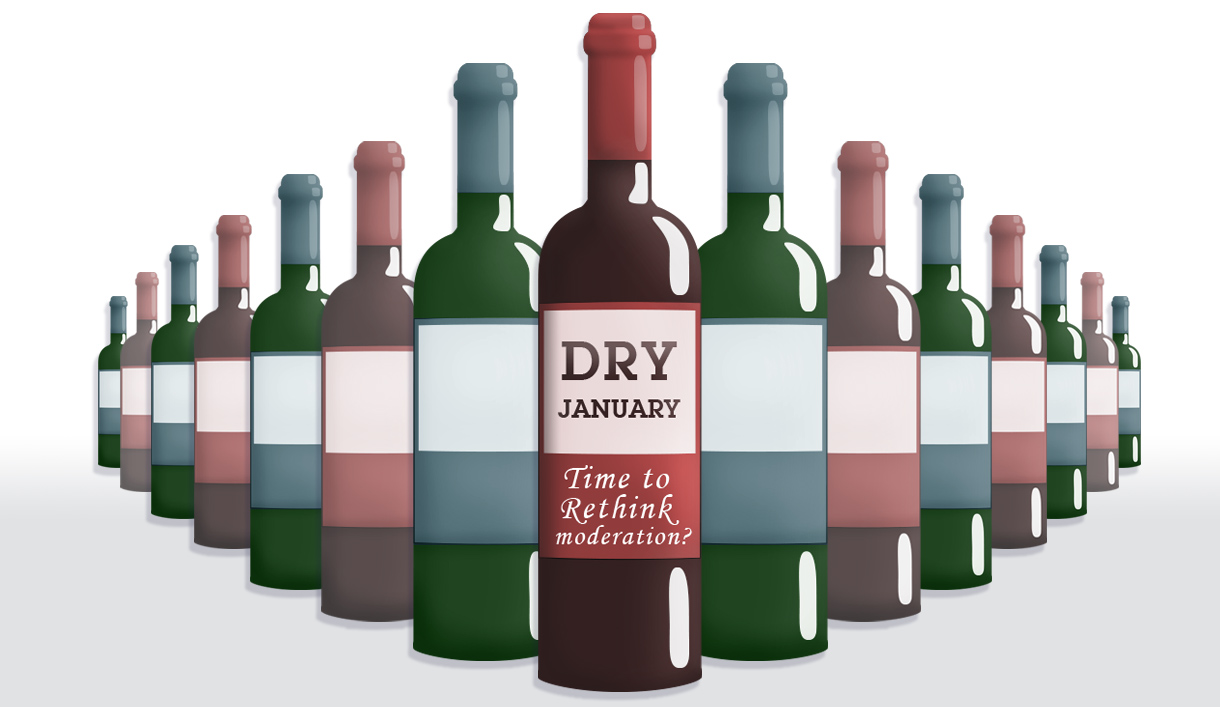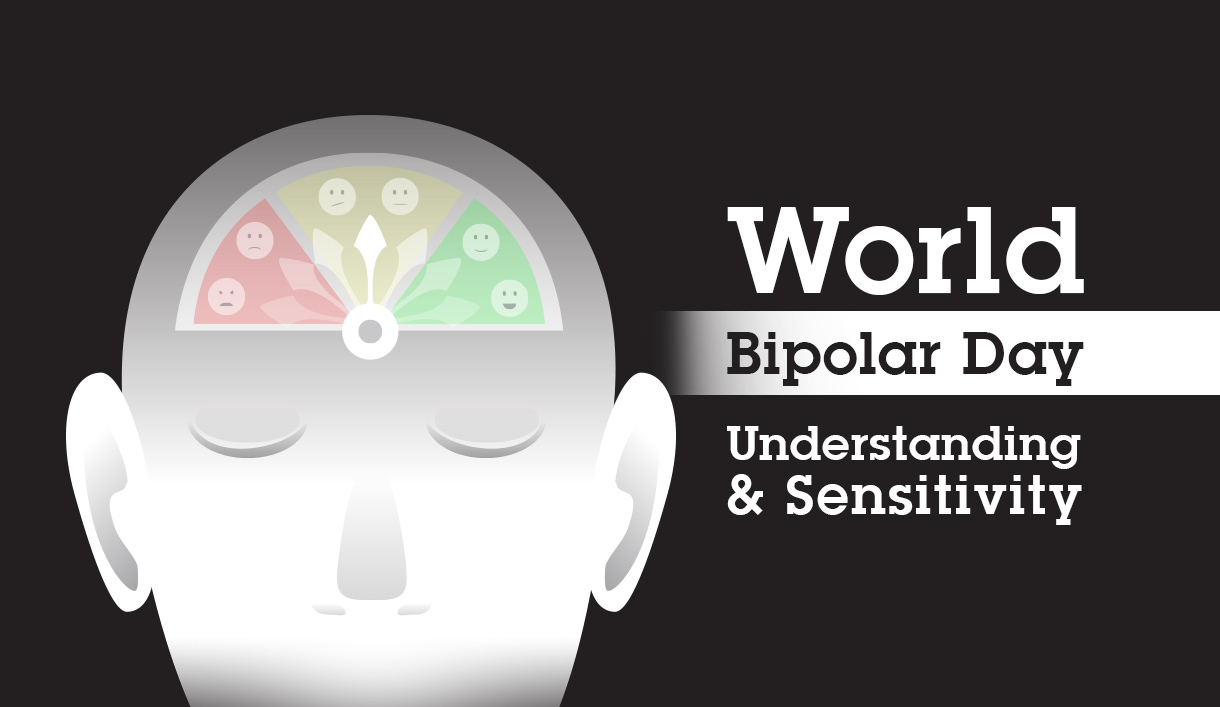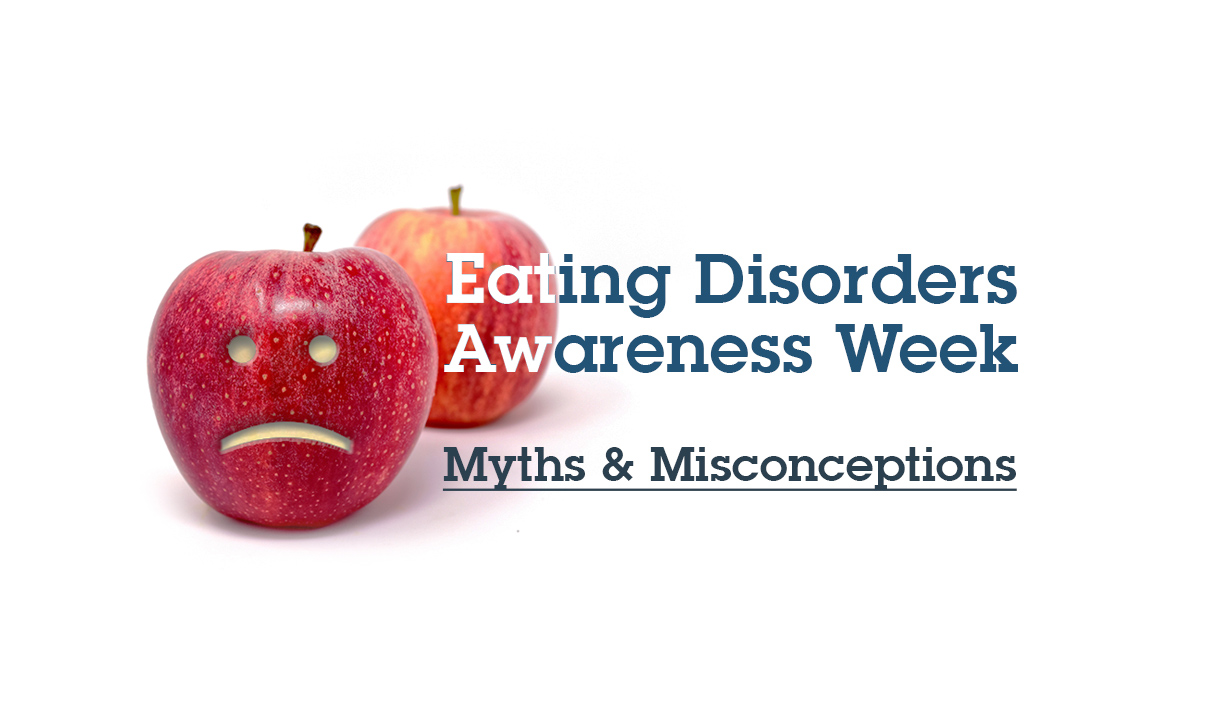Dry January
Time to Rethink Moderation?
‘Sign up, save money, feel great.’ Sounds good right?
Alcohol Concern and Public Health England’s (PHE) Dry January*1 event has developed into something of a cultural fixture in the UK over the course of several years; beginning as an informal campaign in 2013 – thought by some to be rooted in Finland’s WW2 ‘Sober January’ campaign*2 – before being formally registered in 2014 and growing from there.
In case you haven’t been made aware through the plethora of vectors, Dry January encourages people to give up drinking alcohol for its titular month.
The primary cause for this is to help people control their relationship with alcohol, helping to highlight dependency issues and unconsidered benefits abstinence offers. Additionally, participants often turn their month into a sponsored challenge, raising money for charity as a bonus.
On the face of it these are all positives, but how beneficial is the campaign to our lifestyle really? PHE’s Marketing Director Sheila Mitchell noted in 2014 that the statistics showed 72% of participants went on to moderate their drinking levels for six months afterwards*3, but assuming longer-term moderation is the end goal of the campaign how well is it faring now?
Googling ‘Dry January’ this year brings up a flurry of surprisingly negative headlines, calling out the month for not working, being a waste of time or actually having a negative impact on our collective health.
With such a strong pushback against the month occurring this year, perhaps we need to ask; is it time to rethink moderation?
A Shared History
Love it or hate it, for much of the world alcohol is frequently tied to public and private socialising with a shared history predating civilization.
Alcohol consumption by humans – specifically in the form of ethanol – has been traced back to roughly 10 million years ago, with our distant ancestors developing an attachment to fermented, rotting fruit falling from the trees*4
This is speculated to indicate a variety of significant shifts, such as our move from the trees to a life on the ground, an expanded social structure and medicinal application. Elsewhere, moving ahead to Britain of around 700 A.D. ales, mead and ciders became the staple drink of the populace amongst the poor as means to avoid drinking sewage contaminated water.
However, putting aside its roots in social function and medicinal relief, the darker side of this relationship can clearly be identified in the troubling culture of binge drinking which has developed.
The 18th century’s industrial revolution saw a boom in urban labour and miserable city slums, married with production technology which allowed the manufacture of strong gins. For many a downtrodden worker the escape from misery offered by such new drinks proved all too potent and abuse was all but inevitable*5.
The issue hasn’t quite been perpetual since, with significant reduction in consumption (and strength) for the UK around the early 20th Century and prior to World War 2. However, with convenient availability of alcohol at an all-time high the last half century has seen a surge in binging to the point of being a national crisis.
Unacceptable Binging
It’s likely no coincidence that the World Health Organisation issued a report in 2014 – the same year Dry January was officially registered – identifying Britain as being one of the 13th highest of 196 countries for ‘heavy drinking’*6. We had a problem and I think it’s safe to say we still do.
What constitutes an acceptable intake today is going to be subjective to cultures, individuals and our health circumstances, but most will have an approximate divide where what they consider to be an acceptable drinking habit descends into the unacceptable binging.
Running with the idea that a considerately moderated intake of alcohol is beneficial to our social lives and mental well-being (again a highly subjective point), perhaps the biggest issue connected to binge drinking is that the point at which it becomes unreasonable is hazy at best.
Dry January purports to help us take control of our relationship with alcohol, but does it really help?
For and Against Dry January
The arguments for and against dry January both have merits.
In the short-term, Dry January forces us to get our habits in check and thus puts the damage alcohol causes on hold.
The effects of its consumption are well documented with substantial weight gain and feelings of lingering lethargy after a heavy night. To put it in perspective the average drink is equivalent in calories to a small chocolate bar while metabolizing alcohol reduces our ability to burn off fats and sugars generally.
More disturbingly, links to cancers, liver disease, brain damage and strokes have been increasingly established meaning that we are effectively gambling with our long-term health. Recommendations usually suggest not consuming more than 14 units of alcohol a week, but it’s a fairly arbitrary guide. Any amount regularly consumed will likely impact your well-being in decades to come.
So Dry January stops the clock on these damages and in theory encourages better habits for the remainder of the year. That said, what is one month in twelve?
The common thread most publications criticising the event share is the observation that a large number of participants may take the challenge – 2 million were reported to officially sign up last year*7 – and most will complete it, however the rebound often completely negates the benefits.
Dependencies will vary as indicated by the point on subjectivity earlier, but even a mild addiction or use of drinking as a “crutch” may see people return to the habit in February with increased rather than reduced intake.
Withdrawing sharply from alcohol on a whim may see a build up of anxiety along with increases in other excessive habits such as eating and smoking. Being deprived for a month may well be likened to a spring being pushed down slowly before being released with explosive, devastating force.
Anyone who drinks and is considering the event needs to hit the problem head on rather than implementing it as part of a denial; is Dry January a chance to change or gimmick to exploit and excuse further binging?
Broader Intent
Alcohol is inherently risky and is never required – unless a medical dependency has been developed – looking at the matter objectively with cold rationale it’s frankly hard to justify any alcohol consumption.
However, the realities of social life, the human condition and culture are that risks in our leisure are almost inevitable. What is important here is that these risks are known and weighed against the value consumption holds in our life against what we stand to lose, whether it be control, health or even life under the worst circumstances.
As such, perhaps the best lesson we can take from Dry January is from its broader intent. Rather than treating it as a one-off challenge to be tackled then forgotten, consider using it as a foundation for a long-term ethic; moderation in all things.
Keep what you stand to lose clearly in mind and proceed with caution. It’s your body and your life and there will always be a tradeoff. If the consequences are landing a little too close to home, it may be time to enforce a ‘Dry 2018’.
Enjoy responsibly folks.
Owen Roach
Are you concerned you or someone you know may be suffering from an alcohol addiction? Visit https://www.drinkaware.co.uk/ for advice and support.
References
*1 https://www.alcoholconcern.org.uk/dry-january
*2 https://viestijat.fi/raitis-tammikuu-1942-oli-tehokas-propagandahyokkays/
*3 https://www.campaignlive.co.uk/article/government-unveils-first-dry-january-marketing-campaign/1327579?src_site=marketingmagazine
*4 https://www.livescience.com/48958-human-origins-alcohol-consumption.html
*5 https://livewellsouthwest.co.uk/images/uploads/content/Livewell/A_pint_sized_history_of_alcohol.pdf
*6 https://www.telegraph.co.uk/news/health/news/10825449/Britains-binge-drinking-levels-are-among-the-highest-in-the-world.html
*7 https://www.independent.co.uk/voices/dry-january-giving-up-alcohol-new-years-resolutions-a8139316.html









Leave a Reply
Want to join the discussion?Feel free to contribute!